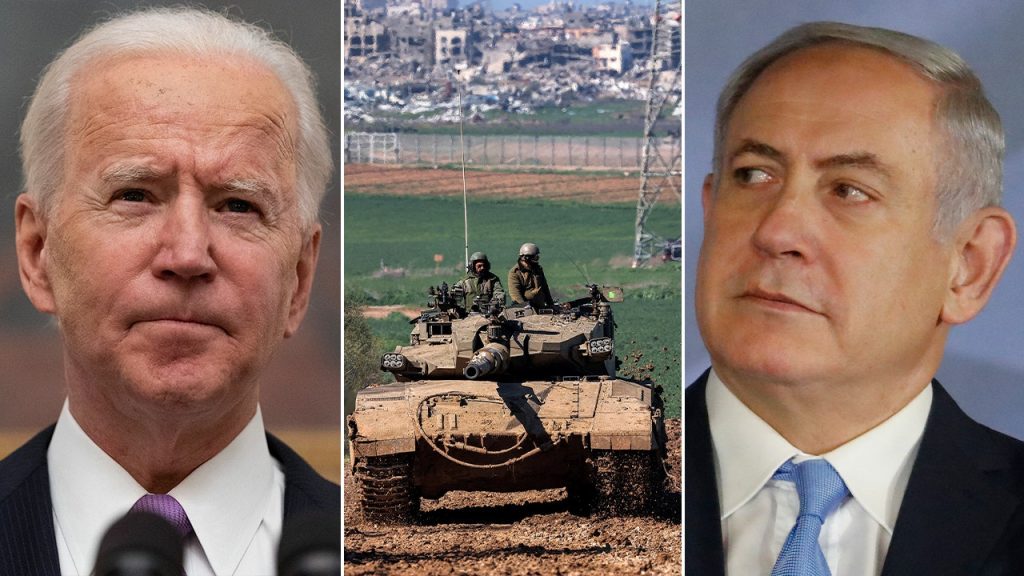The Biden administration’s decision not to veto a United Nations Security Council resolution calling for a cease-fire in Gaza has strained its relationship with Israel. Israel views this move as a betrayal by the U.S., abandoning them in the midst of their conflict with Iran and its proxies. The resolution was not vetoed because it advocated for a cease-fire and the release of hostages. Israel had planned to discuss their offensive to seize the remaining Hamas-controlled city of Rafah in Gaza with the U.S., but the cancellation of the meeting due to the U.N. vote has led to tensions between the two allies.
Former U.S. Ambassador to Israel David Friedman believes that by criticizing Israel and agreeing to a U.N. resolution that does not denounce Hamas or demand the release of hostages, Biden has given Hamas diplomatic leverage. This action emboldens Hamas and makes negotiations for the hostages more challenging. The strained relations between the U.S. and Israel are reminiscent of the Obama administration’s decision to abstain from a vote against Israel at the U.N. in 2016. The current clash between Biden and Netanyahu is fueled by domestic elections and Biden’s efforts to win Arab American votes.
The U.S. government’s failure to veto the resolution and its refusal to support Israel’s offensive in Gaza has raised concerns within Israel about the future of their relationship with America. Critics accuse Biden of trying to appease Arab American voters in Michigan at the expense of Israel by pushing for concessions. This move has been described as harmful to Israel, with the refusal to veto the resolution seen as protecting Hamas and Iran. The U.S. is caught in a delicate balance between maintaining ties with Israel and pursuing its own diplomatic interests.
The Biden administration’s actions at the U.N. Security Council have been seen as a betrayal of Israel and the hostages held by Hamas. Resolution 2728 passing has blocked diplomatic efforts to secure the release of the hostages, leaving military action as the only option. Hamas has shifted its demands from a hostage exchange to a complete cessation of the conflict. Israel’s international standing is at risk due to the worsening relations with the U.S., posing a challenge for the future. The fear within Israel’s defense establishment is that this strained relationship will be difficult to repair.
Israeli Prime Minister Benjamin Netanyahu’s decisions have caused further friction with Western governments, worsening during the ongoing conflict in Gaza. Israel’s reluctance to discuss post-war arrangements for Gaza has added to tensions with the U.S. and other allies. The political football of the hostages’ fate in Rafah has complicated the situation, with Israel feeling isolated and unsupported. The deteriorating relations and Israel’s international reputation are major concerns for defense officials and key stakeholders in the region. This ongoing crisis threatens to have long-term consequences for both Israel and its relationships with other countries.


